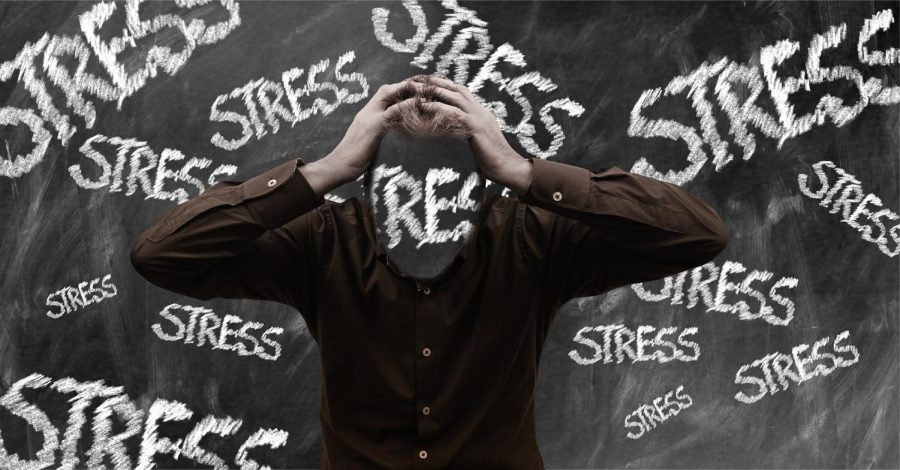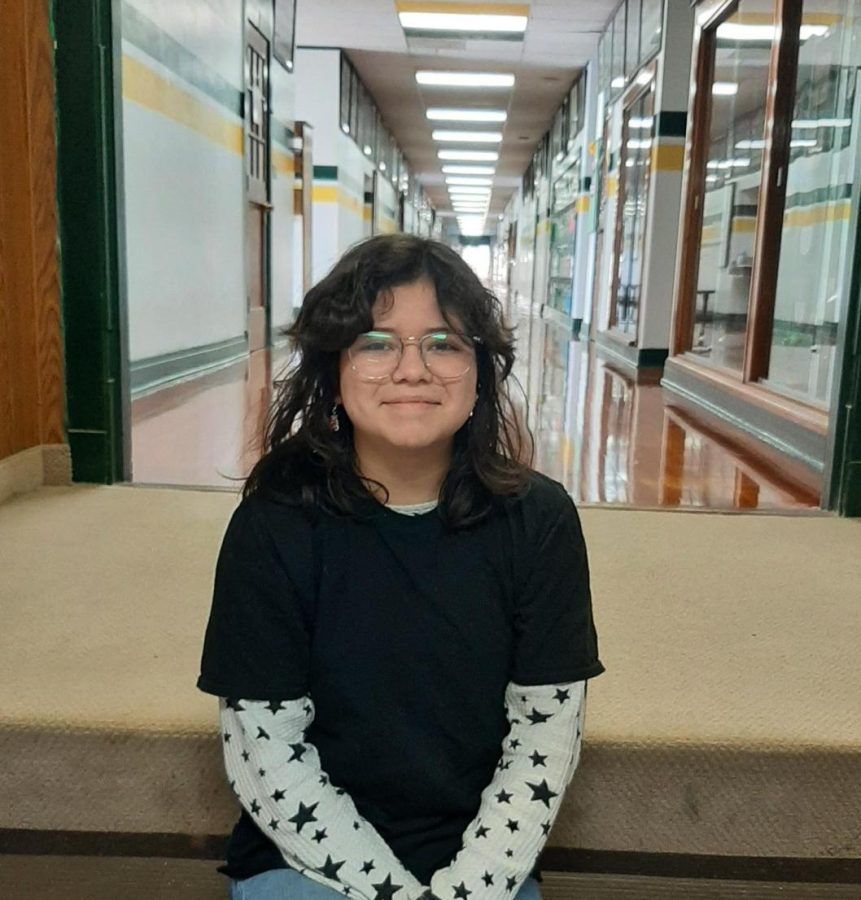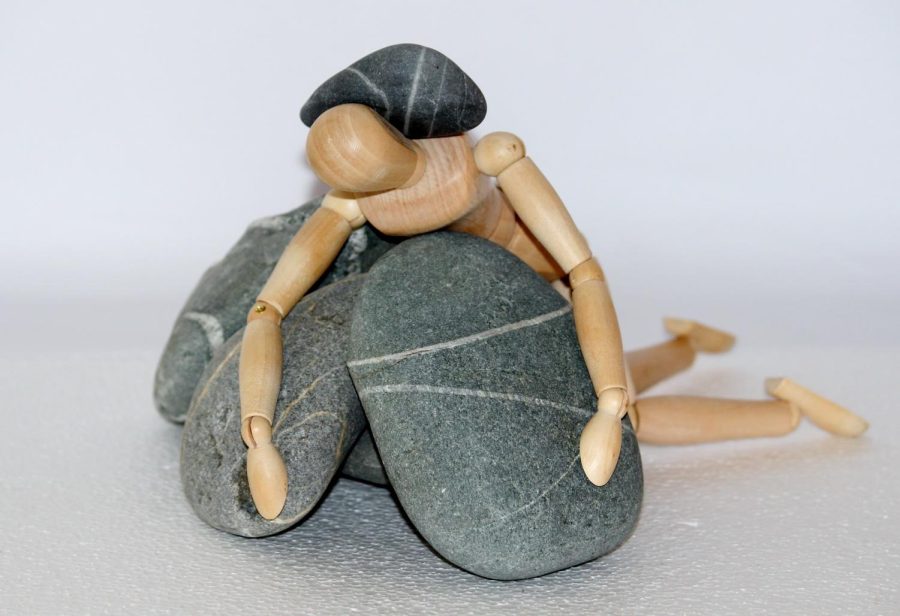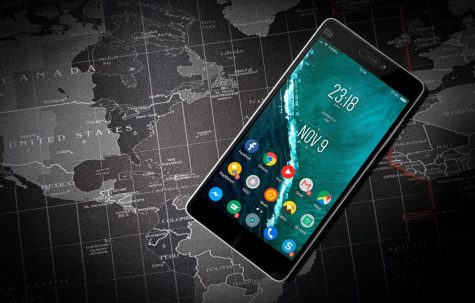Are You Addicted To Technology?
A student at SEHS using multiple forms of technology simultaneously.
December 6, 2021
Technology is everywhere, from cellphones to coffee machines, people use it every day to make day-to-day life more simple. With new advancements in technology coming out everyday, life can only be expected to get easier. While this simplicity may sound like a good thing, it also has major downsides such as an addiction to technology or even just an over dependence in general.
Tech Addiction
Technology addiction refers to the uncontrollable urge or impulse to continue using technology to the point that it starts to interfere with the individual’s mental, physical, and social life. This can be in forms of social media, internet surfing, video games, online gambling, and other related acts. It is also called internet addiction, Internet Use Disorder (IUD), and Internet Addiction Disorder (IAD), according to AddictionResource.com. Research has shown that 1 out of 8 people in the U.S. are suffering from this addiction.
Results of Tech Addiction
With a rise in addiction cases in children, studies show that it often results in a loss of social skills, lack of sleep, outbursts in behavioral problems when cut off by parents, and many other behavioral issues. This addiction has also been closely associated with depression, autism, attention deficit disorder (ADD), and bipolar disorder.
Treatment
Treatment for technology addiction varies from person to person. The treatments vary so much due to the fact that there are many different ways that it is caused such as, learning issues, reward deficiencies, and impulsivity, with each of these different causes, comes to a different treatment method, though it is unclear which method works best for which cause. These treatments include; Cognitive Behavioral Therapy (talk therapy), Motivational Enhancement Therapy (counseling therapy where the mental health professionals practice motivational interviewing to help patients figure out their feelings during and after technology use), Exposure Therapy (patients stop using technology for increasing amounts of time in a safe environment until the pattern of what triggers them to use technology can be broken), Medication Assisted Treatment (physicians prescribe patients with medications tailored to their needs, this treatment is often used alongside psychotherapy).
Technology addiction is usually seen as harmless and thought of as nothing other than people wanting a phone, but as shown here it is a very real addiction that may lead to unwanted problems. People suffering from this addiction rather noticeably or not, should seek help and take control back over their lives.









































































